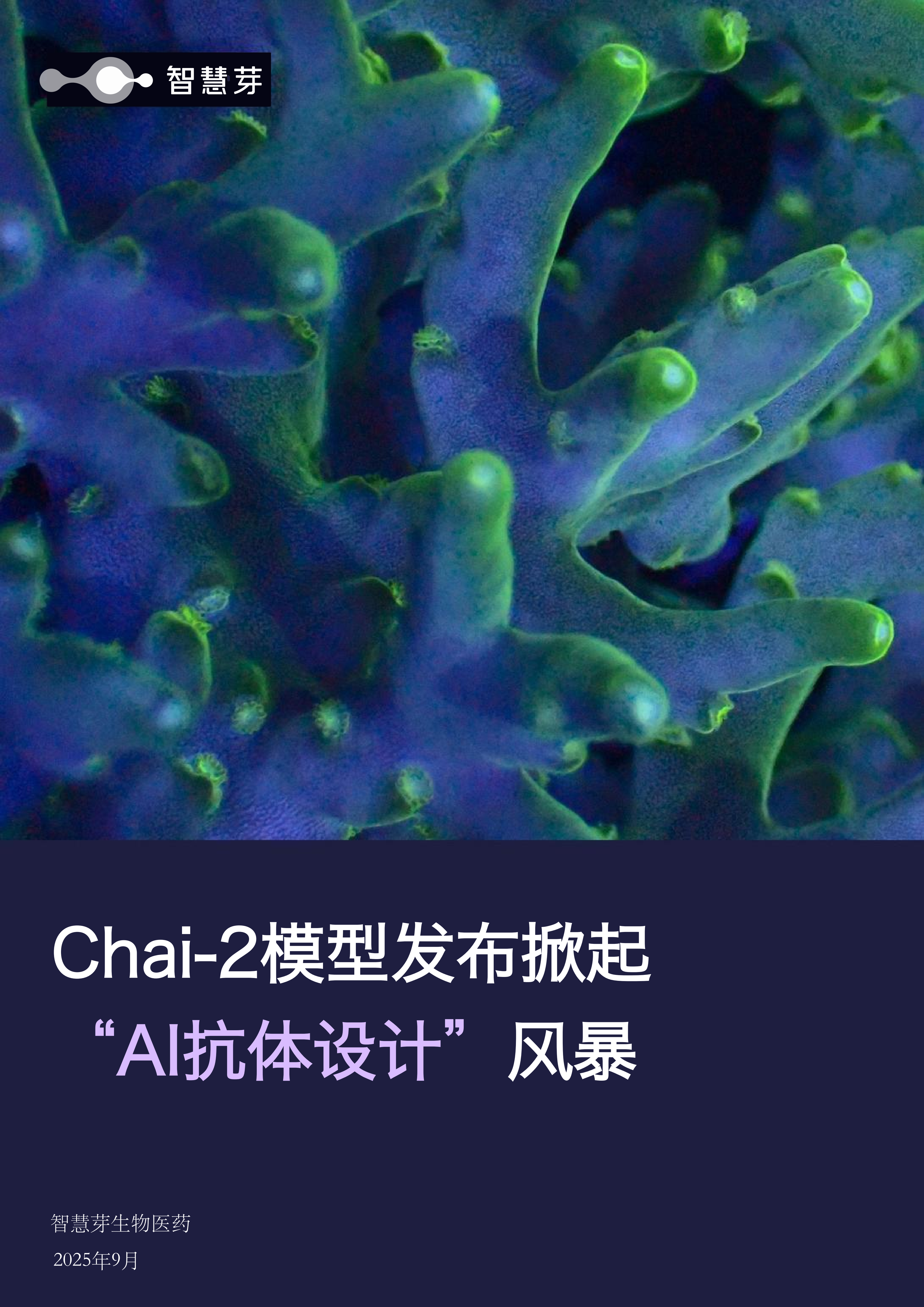预约演示
BMS knocks down a handful of early cancer candidates amid pipeline cleanout
2023-02-02
临床2期免疫疗法上市批准临床失败临床1期
Bristol Myers Squibbs' pipeline cuts come as the company expects to keep R&D spending at 2022 levels.
Bristol Myers Squibbsis taking a broom to the bottom of its pipeline, axing at least nine assets including one phase 2 med being studied in a variety of solid tumors.
Bristol Myers Squibbclosed in the company’s fourth-quarter earnings release Thursday morning, providing an updated glimpse of the company’s early-stage psolid tumorsld the company cut six cancer prospects, including a phase 2 anti-CTLA4 candidate, one fibrosis candidate and two immunology assets.
Following becancerhe line of axed cancer meds issolid tumornib, an immunology assetSTING finished IL-12 FasSIRPα antagonistients with lupCTLA4rimary Sjögren's syndrome and rheumatblood cancers. Patients with RA also received BMS’s approved med Orencia in an open-label follow-up portion. An update to the clinical trial record in December showed that the study jumped from recruiting to completed. Another mid-stage immunology option, an MK2 inhibitor to treat ankylosing spondylitis, was culled as well.
The move to wipe away nearly 10 ascanceromes as tbranebrutinibs projected that R&D spending in the new year will be in line with 2022,lupush primary Sjögren's syndromerheumatoid arthritisMK2 inhibitorMK2ankylosing spondylitis
BMS also expanded on a recent decision to terminate a phase 2 trial of the company’s anti-TIGIT med, BMS-986207, as part of a triple combination therapy with Yervoy and Opdivo due to safety reasons. Chief Medical Officer Samit Hirawat, M.D., said that toxicity was observed when tacked onto the immuno-oncology combo. Hirawat promised more data and specifics on what happened with the triple-combo, "but because of those safety reasons, we have decided to terminate this particular trial at this time.”
BMS decision pours additional cold water onto the anti-TIGIT class of immunotherapies, oncTIGITught tBMS-986207ing star to replace the current generation of cYervoyint iOpdivoors. But disappointing readouts from Roche last year made others reconsider their bets. Still, companies like Gilead, Novartis and GSK are pressing ahead as Roche waits for critical overall survival data.
更多内容,请访问原始网站
文中所述内容并不反映新药情报库及其所属公司任何意见及观点,如有版权侵扰或错误之处,请及时联系我们,我们会在24小时内配合处理。
Eureka LS:
全新生物医药AI Agent 覆盖科研全链路,让突破性发现快人一步
立即开始免费试用!
智慧芽新药情报库是智慧芽专为生命科学人士构建的基于AI的创新药情报平台,助您全方位提升您的研发与决策效率。
立即开始数据试用!
智慧芽新药库数据也通过智慧芽数据服务平台,以API或者数据包形式对外开放,助您更加充分利用智慧芽新药情报信息。




